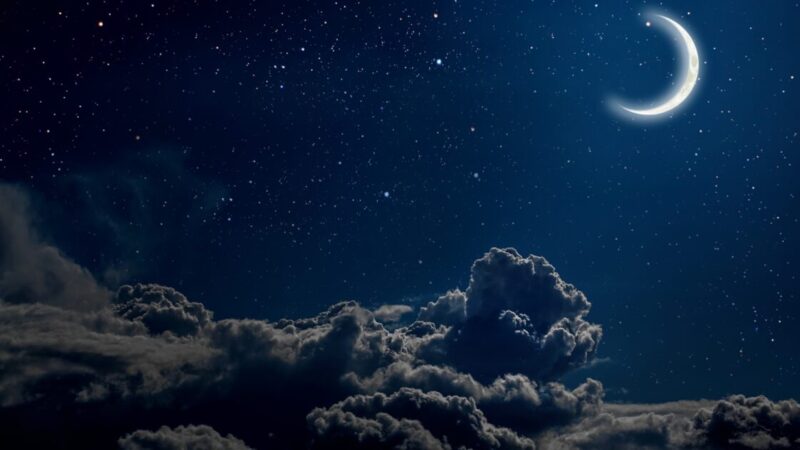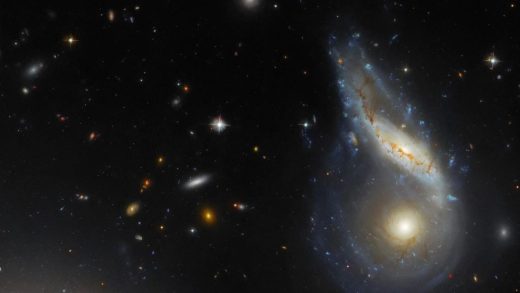Can International Dark-Sky Association eliminate light pollution?

International Dark-Sky Association is an organization that works to reduce light pollution. It was founded in 1988, and since then, it has been working to raise awareness of the issue and lobby for changes to reduce light pollution.

In recent years, there has been an increase in awareness of light pollution and its effects on the environment. This has led to more people supporting the work of the International Dark-Sky Association.
The night sky in the 1800s would have been ablaze with stars. Today, however, much of the world’s population lives under skies so polluted with artificial light that the Milky Way is barely visible.
Light pollution destroys astronomy

Light pollution is the bane of astronomy. First, it makes it difficult to observe faint objects in the sky. It can also cause stars to appear to twinkle more, which makes it harder to study their light. It can wash out the Milky Way galaxy, making it harder to study our own galaxy. Finally, light pollution can make it difficult to take long-exposure photographs, which are necessary for some types
Light pollution is not only aesthetically detrimental, but it also has serious consequences for the environment. For example, it disrupts the natural cycles of animals and plants, and can even cause health problems in humans.
The International Dark-Sky Association is working to reduce light pollution through education and awareness, and by lobbying for changes to lighting standards. It is also working to create dark-sky reserves, where light pollution is carefully controlled.
As light pollution continues to increase, the number of pristinely dark skies suitable for astronomical observation decreases. In order to study the universe, astronomers rely on dark sites with little to no artificial light. However, as light pollution grows, these dark sites are becoming harder to find.
Can’t light pollution not exist?




If only we could turn back the clock to a time when the night sky was truly dark. Today, light pollution is one of the most pervasive forms of environmental degradation. It wastes energy, harms wildlife, and affects our ability to see the stars.
In the United States, the amount of artificial light at night has increased by more than 50% since the 1980s. And as our world becomes more industrialized and urbanized, the problem is only going to get worse.
The good news is that we can do something about it. By raising awareness about the issue and taking steps to reduce light pollution, we can help preserve the night sky for future generations.
The benefits of eliminating light pollution:
Conserve energy: In the U.S., light pollution costs about $3 billion per year in wasted energy. Reducing light pollution can help us save money and conserve energy.
Protect wildlife: Many animals rely on the darkness of night to help them survive. When we add artificial light to the equation, it can disrupt their natural behaviors.
Improve astronomy: One of the most obvious benefits of eliminating light pollution is that it would allow us to see the stars more clearly. For astronomers, light pollution is a major problem.
Enhance security: In well-lit areas, criminals can more easily hide and go undetected. By reducing light pollution, we can make it more difficult for them to operate in the shadows.
Create a sense of wonder: The night sky is one of the most awe-inspiring sights in nature. But with light pollution, we’re losing that sense of wonder. Eliminating light pollution can help us reconnect with the natural world.
Awareness of light pollution

Awareness is the only way to reduce light pollution. That’s because awareness is the only way to change the way we use light. The usage of light can not be eliminated, standing in the 21st century, but we can use light more efficiently to reduce light pollution. Awareness of light pollution can help us to understand the problem and take necessary actions to reduce it. For example, using energy-efficient light bulbs, or making sure that lights are not left on unnecessarily.
We also need to be aware of the different types of light pollution. -There is sky glow, which is the brightening of the night sky over urban areas. -Light trespass, which is when light shines where it’s not wanted or needed. -And glare, which is when a light is too bright, causing discomfort or even temporary blindness.
Awareness of light pollution can help us to take steps to reduce its impact. There are a number of things we can do to reduce light pollution, including:
• Use energy-efficient light bulbs.
• Turn off unnecessary lights.
• Shield outdoor lights so that they don’t shine directly into the sky.
• Use motion sensor lights.
By taking these steps, we can help to reduce the impact of light pollution on the environment and on our own health.
The work of the International Dark-Sky Association is important in the fight to reduce light pollution. With more awareness and support, it can continue to make progress in this important area.
Auto Amazon Links: No products found.


